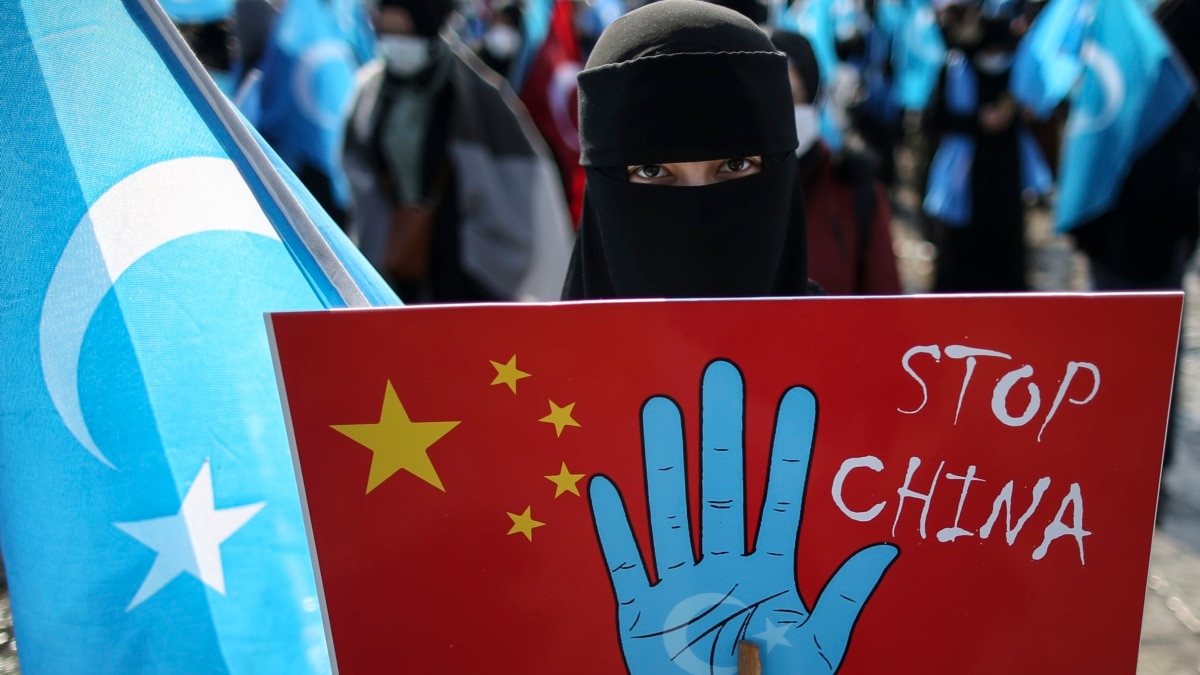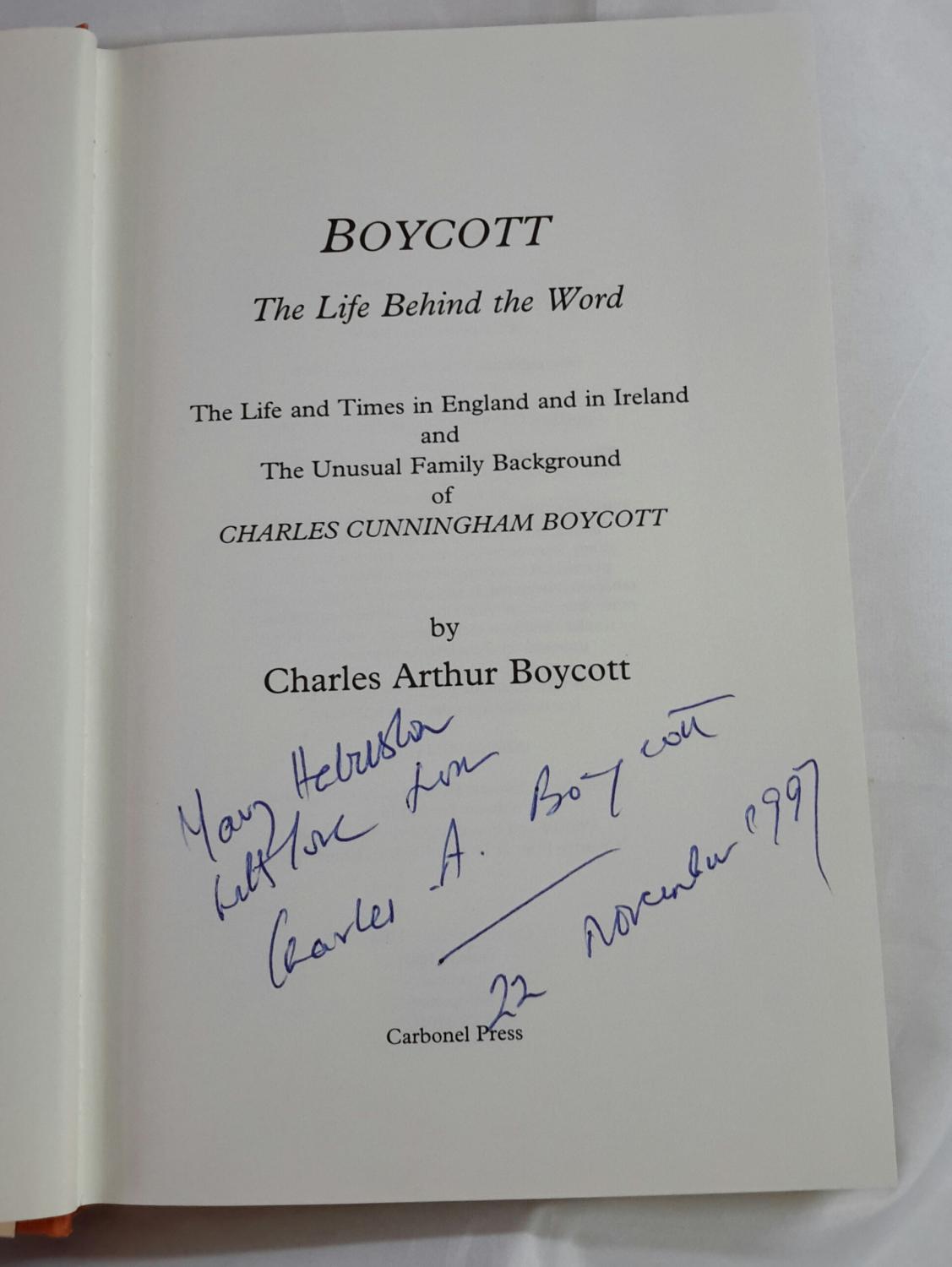

JANUARY: In 2021 Hunt Saboteurs UK called for a boycott of AXA for providing legal fee insurance to The Hunting Office (the body responsible for the administration of hunting across the UK). Recent examples of successful boycott campaigns: 2022 In an early example of fair trade, shops began selling sugar guaranteed to be have been produced by 'free men'. Sales of sugar dropped by between a third and a half.īy contrast sales of Indian sugar, untainted by slavery, rose tenfold in two years. In 1791, after Parliament refused to abolish slavery, thousands of pamphlets were printed encouraging the boycott. One of the earliest examples was the boycott in England of sugar produced by slaves. In doing that, we can truly recognise sport as the universal human right that it is, and it can remain true to its core objective of celebrating human potential and achievement.Boycotts have a long and important history of contributing to progressive social change, as well as succeeding in their more immediate goals.
#Boycott advance immediately closes free#
While sport can indeed be a valuable platform to promote human rights, we must also recognise it doesn’t take much for sport to become exclusive, divisive and controversial.Ĭrucially, leveraging sport to advance human rights requires that human rights safeguarding by Australia, Russia or Qatar is measured by the same yardstick, recognising that much work must be done to ensure each country’s own sporting environment is inclusive and free of discrimination.
#Boycott advance immediately closes professional#
In this case, it hurts those who cannot be blamed for the war (the banned tennis players), and the unintended consequences (no ranking points) hurt the wider community of professional tennis players.įrench Open: understanding why Russian and Belarusian tennis players are competing despite Wimbledon ban But taking a stand does not defend nor protect.

What the ban has achieved is to signal that the Wimbledon organisers take a position against the Russian invasion of Ukraine. Yet even though the tournament can call the world’s attention to its stand, has banning players from invading nations proven to be an effective means to defend and protect human rights? Wimbledon organisers are clearly trying to make a point: invading the sovereign territory of another nation is unacceptable. Banning hand gestures and kneeling ignores their history The Olympics have always been a platform for protest. However, most nations do not fully recognise and implement this notion in policy and practice, with access to sport participation often marred with complexities and hypocrisy.

We should take to heart that even the practice of sport is a universal human right under the Olympic and European Sports Charters, and other internationally ratified declarations and treaties.

Why, for example, do Indigenous Australians remain under-represented at the elite and community level in most Aussie sports? Why are Australian women missing as leaders in coaching? Why is there currently only one openly gay male professional soccer player in Australia and no openly gay male AFL players? Why have so many members of Australia’s gymnastics and swim teams reported abuse and toxic cultures that started when they were children? STR/EAP/APĪlthough arguably less extreme in nature, Australia is not absolved of human rights deficiencies in sport. Migrant construction workers building infrastructure for the Qatar World Cup worked in very harsh conditions. This has now only worsened with evidence of mass exploitation of the migrant workers constructing the Cup’s stadiums. November’s FIFA World Cup in Qatar remains a topic of a decade-long debate questioning how FIFA could award the world’s biggest sporting event to a country with a dubious human rights record. The global influence of sport can become a vehicle for soft diplomacy and pursuing legitimacy. Such investments in “sportswashing” – using sport as a thin veneer to present a sanitised, friendlier version of a political regime or an organisation – are big business. And sport plays an important part in that, such as the example of Qatar using the FIFA World Cup as a confirmation of their credibility and ability to host a globally significant event. Nations accused of violating these rights have found strategic, proactive approaches to counter the punitive, reactive, and short-term approach of economic boycotts. Former Australian golfer, Greg Norman, was widely condemned for his comments on the murder of Jamal Khashoggi.


 0 kommentar(er)
0 kommentar(er)
